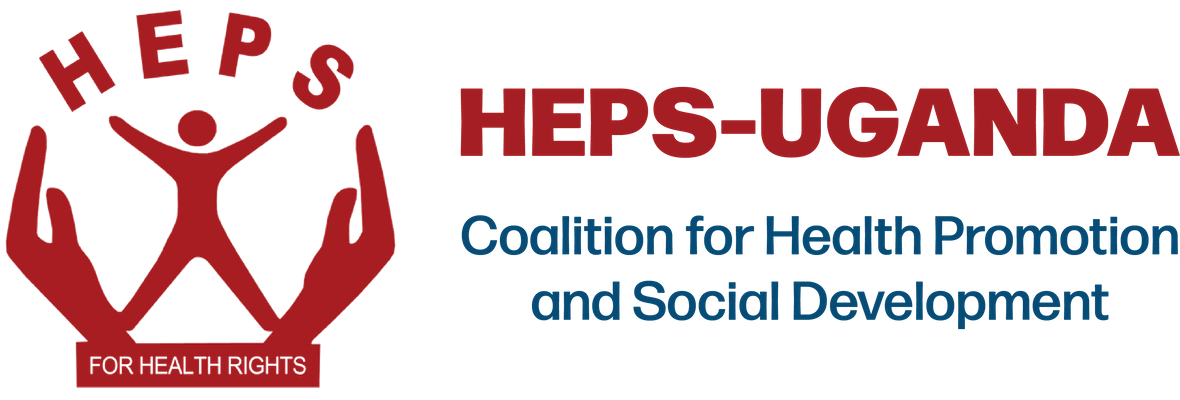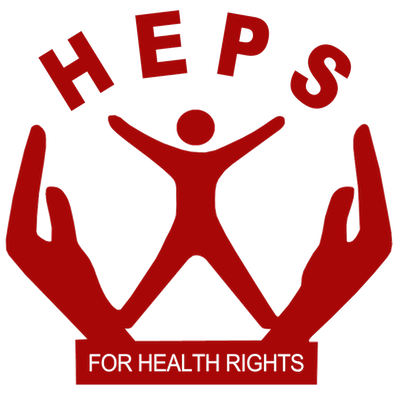Sister Doreen Akuno, is a senior medical officer at Lira Regional Referral Hospital. She had her first child at 18 years in 2004 and she almost died during the pregnancy due to pre-eclampsia. Despite the fact that she is in the medical field, she had no knowledge about the condition.
“My body started swelling but since it was my first pregnancy, people would tell me that swelling was normal during pregnancy. At the time I was working in a clinic but a visiting doctor from UK, observed the swelling and advised that I take a blood pressure check. When I did, it was way above normal.” She said
Akuno shared this that she was referred to Lira Regional Referral hospital for better management but she was referred to Mulago hospital because there were no drugs for pre-eclampsia.
“I reached Mulago hospital and there was no health worker who could attend to me so I went to Nsambya hospital. The doctors told me that chances are that the baby may not survive. I felt like my world was ending, my pressure was still very high and my life was at stake.”
At seven months, Akuno was operated on and she and the baby survived. “I survived because my family could afford to take me to any hospital, but how many women die because cannot afford to get better treatment?” she said
Harriet Aboko, another survivor of Preeclampsia, the Amach Sub County Chief who gave birth to her first child at the age of 30 said her life was only saved by the early detection of the infection. Aboko said she prematurely gave birth to her child at 8 months of pregnancy.
“When my body started swelling, people started telling me that it is because I had given birth at 30 years. I almost lost my baby had it not been for early detection. This means that all pregnant mothers have to immediately go antenatal care.” she said
Dr Isaac Orech, the Senior Medical Officer in charge of Amach Health Centre IV, says that their effort to fight preeclampsia is often impeded by the inadequacy of BP Machines. The centre has only one BP monitor which cannot serve all the user departments at the facility and it receives more than 200 patients in the outpatient department, every day.
“The absence of Blood Pressure-BP Monitors in government facilities in Lira district has affected the management of Preeclampsia, a pregnancy complication characterized by high blood pressure.”
The condition, which usually begins after 20 weeks of pregnancy in women whose blood pressure had been normal, can lead to serious, even fatal, complications if left untreated. It is known to be a major cause of maternal mortality worldwide.
Dr Orech says that they hope to ensure availability of BP monitors now that they have been put on the result based financing program.
The experiences were shared during the pre-eclampsia dialogue organised by HEPS-Uganda at Amach HC IV in Lira district with an aim of creating awareness about the condition.




